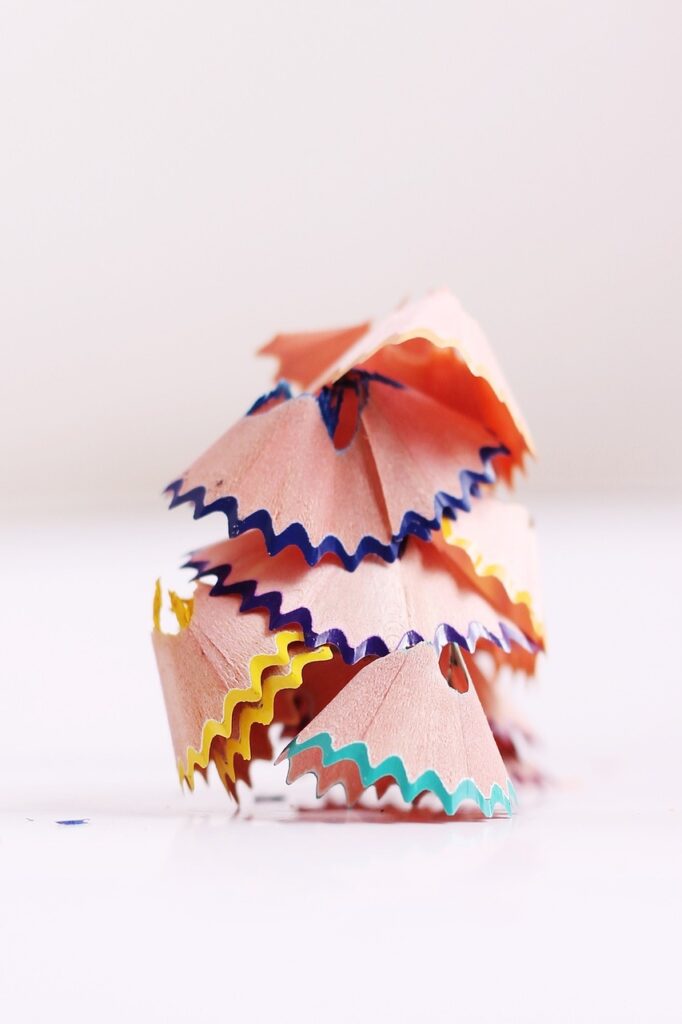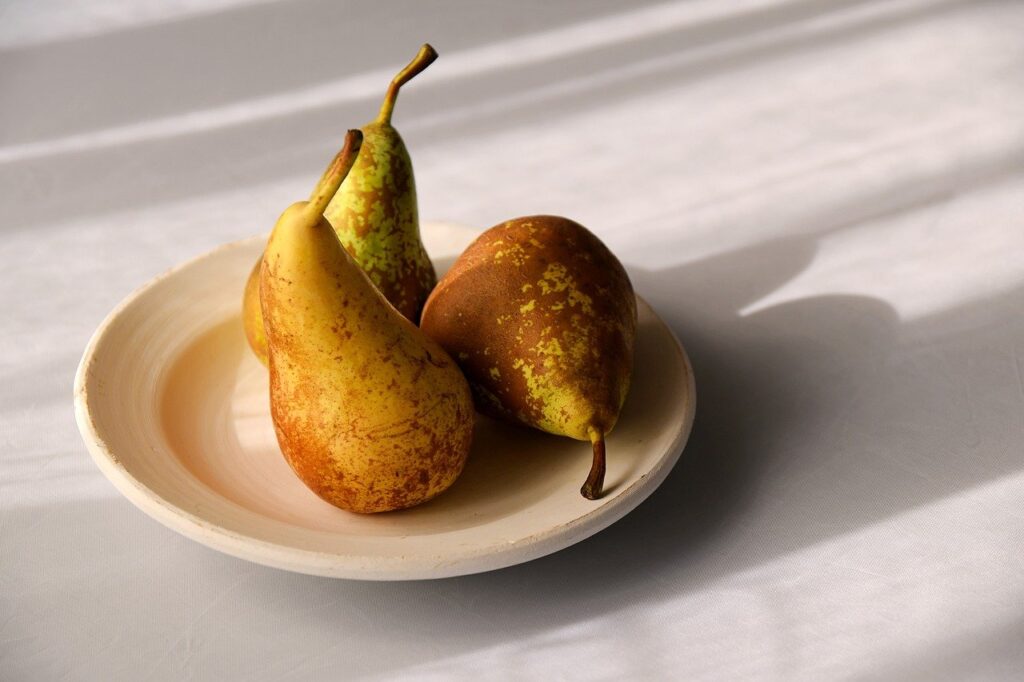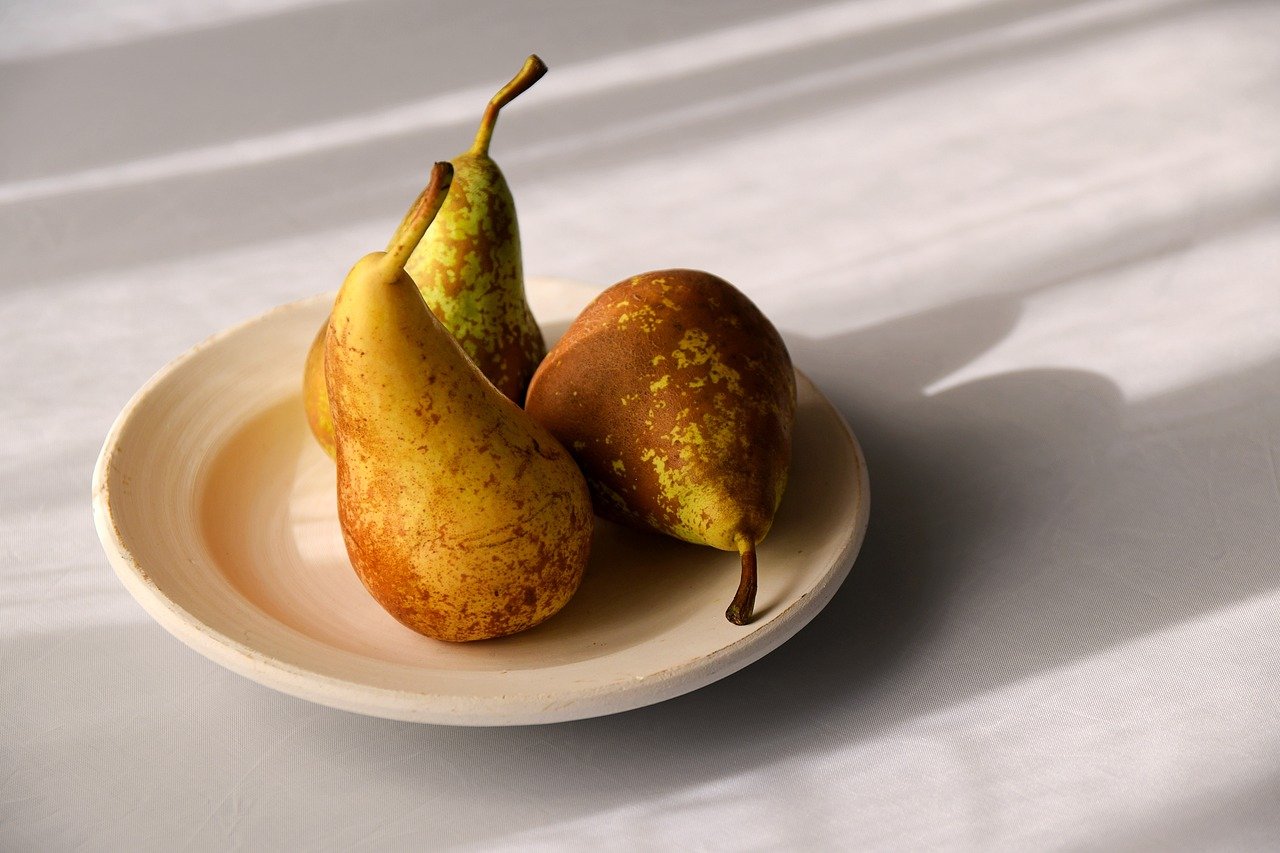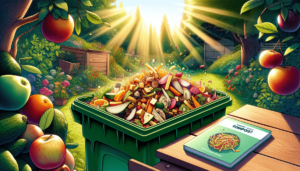Composting, a seemingly magical process that transforms everyday organic waste into nutrient-rich soil, owes much of its success to the unsung heroes of the underground: worms. These tiny creatures, with their remarkable abilities, play a crucial role in breaking down organic matter and converting it into compost. In this article, we will explore the fascinating ways in which worms contribute to composting, from their voracious appetites to their remarkable digestive system, revealing the valuable role they play in creating the black gold that nurtures our gardens.

Introduction
When it comes to sustainable gardening and reducing waste, composting is a key practice that can benefit both the environment and our gardens. And when we talk about composting, we can’t overlook the important role that worms play in this process. Worms are not just slimy creatures crawling around, they are nature’s little helpers in breaking down organic matter and creating nutrient-rich compost. In this article, we will explore the fascinating world of worms in composting and how they contribute to creating a healthy and productive garden ecosystem.
What is Composting?
Before we dive into the role of worms in composting, let’s start by understanding what composting actually is. Composting is a natural biological process in which organic materials such as kitchen scraps, yard waste, and plant residues are broken down into a nutrient-rich soil-like material called compost. This process is facilitated by microorganisms, including bacteria, fungi, and, of course, worms.

The Role of Worms in Composting
Worms, particularly certain species like red wigglers, European nightcrawlers, and African nightcrawlers, have specific characteristics that make them excellent contributors to the composting process. Let’s explore how worms enhance the decomposition process, aid in aeration and turning, and regulate the temperature within the compost pile.
Enhancing Decomposition
One of the primary roles of worms in composting is to enhance the decomposition of organic materials. As worms feed on the organic matter, they break it down into smaller pieces, facilitating the work of bacteria and other microorganisms. The digestive enzymes produced by worms help to accelerate the decomposition process, turning waste into valuable compost more quickly.
Aeration and Turning
Worms are natural aerators and turners of compost materials. As they burrow through the organic matter, they create channels that allow oxygen to penetrate deep into the compost pile. This oxygen is vital for the aerobic microorganisms to carry out their activities effectively. Moreover, by moving around and feeding on different areas of the compost pile, worms help to mix and redistribute the organic matter, ensuring a more even decomposition process.
Temperature Regulation
Maintaining an optimal temperature is crucial for efficient composting. Too hot or too cold, and the microorganisms may become inactive or die off. Worms play a crucial role in regulating the temperature within the compost pile. They burrow deeper into the pile when it becomes too hot, helping to cool it down. Similarly, during colder periods, worms move closer to the surface, generating heat through their metabolic activities and keeping the compost warm.
Types of Composting Worms
Not all worms are created equal when it comes to composting. Certain species have specific characteristics that make them better suited for this purpose. Here are three common types of worms that are typically used in composting:
Red Wiggler Worms
Red wiggler worms, scientifically known as Eisenia foetida, are incredibly popular in vermicomposting. They are voracious eaters, consuming vast quantities of organic material for their size. Their high reproductive rate and ability to tolerate a wide range of environmental conditions make them an ideal choice for composting at home.
European Nightcrawlers
European nightcrawlers, also known as Eisenia hortensis, are larger than red wigglers and have a more robust digestive system. They are known for their resilience in cold temperatures, making them suitable for outdoor composting in cooler climates. European nightcrawlers are also prized for their ability to process larger-sized organic materials.
African Nightcrawlers
African nightcrawlers, scientifically named Eudrilus eugeniae, are native to tropical regions and are highly efficient composters. These worms can consume large amounts of organic waste and produce rich casting, making them an excellent choice for larger-scale composting operations.

How Worms Contribute to Composting
Worms contribute to composting through their unique feeding behavior, digestive process, and the production of nutrient-rich worm castings. Let’s explore how these aspects work together to enhance the composting process.
Feeding Behavior
Worms have a voracious appetite for organic matter. They consume plant residues, kitchen scraps, leaves, and other decaying materials, breaking them down into smaller particles. As worms feed, they also ingest beneficial microorganisms present in the organic matter, further enriching the compost with beneficial microbes.
Digestive Process
Worms have a specialized digestive system that allows them to break down organic material efficiently. As the food passes through their guts, it mixes with digestive enzymes and beneficial bacteria, which help to break down complex substances into simpler forms. This digestion process not only accelerates decomposition but also contributes to the overall nutritional value of the resulting compost.
Worm Castings
One of the most valuable contributions worms make to composting is the production of worm castings, also known as vermicast or worm manure. Worm castings are the nutrient-rich waste products excreted by worms after digesting organic matter. These castings are filled with beneficial microorganisms, plant growth hormones, and essential nutrients like nitrogen, phosphorus, and potassium, making them a highly potent and valuable form of compost.
Creating the Ideal Environment for Worms
To ensure that worms thrive and effectively contribute to the composting process, creating the ideal environment for their growth and reproduction is crucial. Here are some key factors to consider:
Moisture and pH Levels
Worms require a moist environment to survive and function optimally. The ideal moisture level should be around 75 percent, which is similar to a damp sponge. It’s important to monitor the moisture levels regularly and adjust by adding water or dry bedding material as needed. Additionally, worms prefer a slightly acidic to neutral pH range between 6.0 and 7.0. Regularly testing the pH and making adjustments, if necessary, will create a suitable environment for the worms.
Temperature and Oxygen Levels
Maintaining an appropriate temperature within the worm bin is crucial for worm health and activity. The optimal temperature range for most composting worms is between 55°F and 77°F. Extreme temperature fluctuations should be avoided, as they can stress or even kill the worms. Additionally, ensuring adequate oxygenation within the worm bin is essential. This can be achieved by regularly fluffing and turning the bedding material to provide sufficient airflow.
Bedding Material
Providing the right bedding material for the worms is essential for their overall well-being. The bedding should provide a comfortable living environment and also act as a source of food for the worms. Common bedding materials include shredded newspaper, cardboard, coconut coir, or a mixture of these materials. The bedding should be moistened before introducing the worms and regularly maintained to ensure a suitable environment for their growth.
Steps to Incorporate Worms into Composting
Now that we understand the importance of worms in composting and how to create an ideal environment for them, let’s go through the steps to incorporate worms into your composting routine:
Choosing the Right Worms
Depending on your specific needs and composting conditions, select the appropriate species of worms. Red wigglers are a popular choice for most home composting systems, while European and African nightcrawlers are suitable for larger-scale operations.
Building a Worm Bin
Set up a dedicated worm bin or composting system. This can be a simple DIY project or a commercially available worm composting kit. Ensure the bin has proper drainage, ventilation, and a suitable bedding material for the worms.
Feeding and Caring for the Worms
Introduce the worms into the bin along with a small initial feeding of organic materials. Avoid overfeeding the worms, as this can lead to odor, pests, or other issues. Regularly monitor the moisture levels, temperature, and pH, and adjust as necessary. Feed the worms regularly with small amounts of kitchen scraps and appropriate organic waste.
Common Challenges and Solutions
While worm composting can be a rewarding practice, it is not without its challenges. Here are some common issues that may arise and practical solutions to overcome them:
Overfeeding and Odor
Overfeeding the worms can result in food scraps accumulating and rotting, leading to unpleasant odors. To avoid this, feed the worms in moderation, adding small amounts of organic waste at a time. If an odor problem occurs, reduce the feeding, adjust the moisture levels, and make sure the bedding material is properly layered.
Pests and Predators
Certain pests and predators, such as fruit flies, mites, or ants, may be attracted to the worm bin. To prevent infestations, bury the food waste under the bedding material and monitor the bin regularly for any signs of pests. If necessary, introduce natural predators or apply organic pest control methods to address the issue.
Harvesting and Using Vermicompost
When the worm castings have fully matured, it’s time to harvest the vermicompost. There are several methods you can use, such as the mound method or using a separate bin to separate worms from the castings. Once harvested, the vermicompost can be used as a soil amendment, potting mix, or as a top dressing for existing plants. It’s important to ensure that the vermicompost is fully mature and properly cured before applying it to plants or gardens.
Benefits of Worm Composting
Worm composting offers numerous benefits for both the environment and your garden. Here are some key advantages of incorporating worms into your composting routine:
Reduced Waste
By diverting organic waste from the landfill and turning it into valuable compost, worm composting helps to reduce waste and lessen the environmental impact. It’s estimated that up to 30% of household waste can be converted into nutrient-rich compost through vermicomposting.
High-Quality Compost
Worm castings are considered a premium form of compost due to their potent nutrient content and the presence of beneficial microorganisms. The organic matter processed by worms results in a compost that is rich in essential nutrients, humus, and beneficial microorganisms, promoting healthy plant growth and improving soil structure.
Improved Soil Health
The use of worm compost can significantly enhance soil health by improving its structure, moisture-holding capacity, and nutrient availability. The organic matter and beneficial microorganisms present in vermicompost help to replenish and rejuvenate tired soils, making them more fertile and resilient to disease and environmental stressors.
Conclusion
Worms truly are the unsung heroes of composting. Their remarkable ability to break down organic waste and transform it into valuable compost is a testament to the wonders of nature. By providing the ideal environment and incorporating worms into our composting routines, we can contribute to a healthier planet, reduce waste, and create thriving gardens. So let’s embrace these fascinating creatures and enjoy the incredible benefits they bring to our compost piles and gardens. Happy composting!




